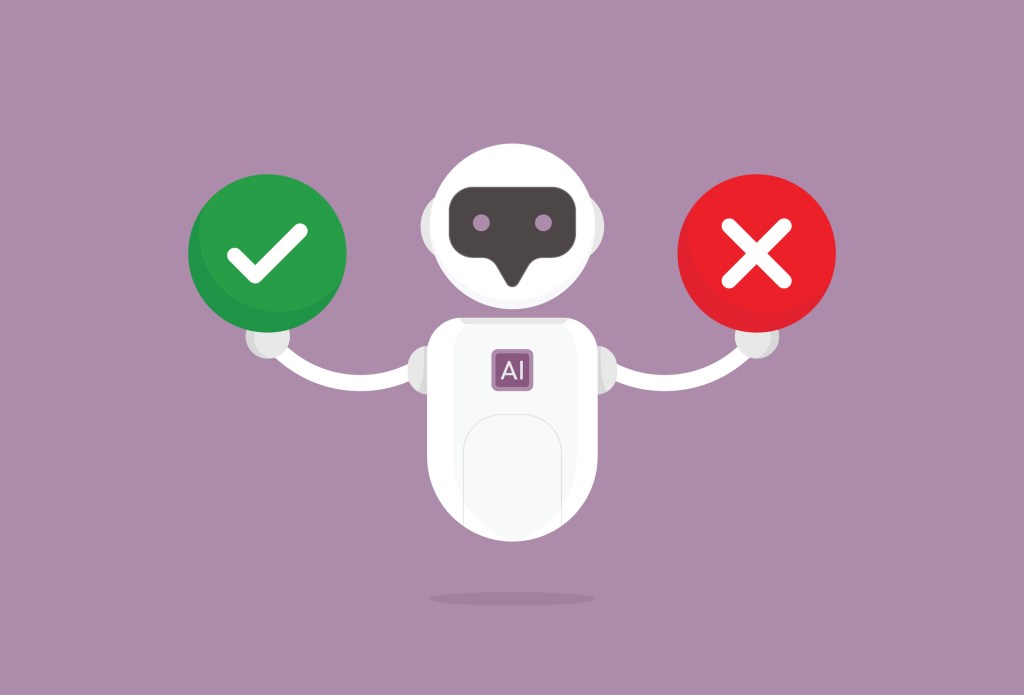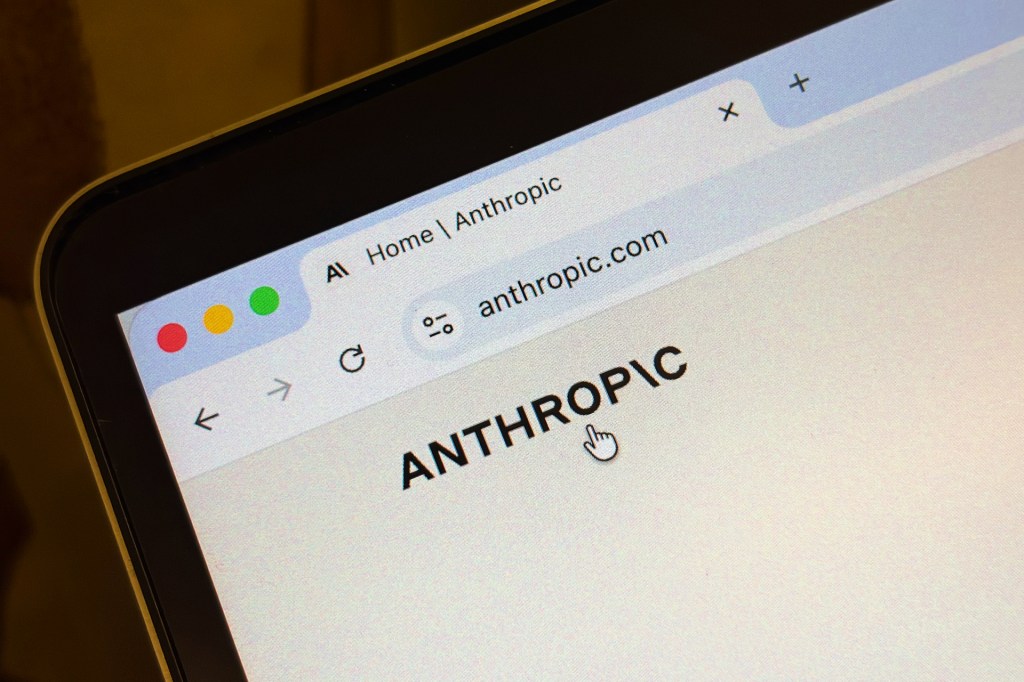In the rapidly evolving landscape of artificial intelligence, the ability of AI chatbots to handle sensitive and controversial topics has become a focal point of discussion. A pseudonymous developer, known as xlr8harder, has introduced a tool named SpeechMap to assess how various AI models respond to such subjects. This initiative aims to shed light on the degree of openness and neutrality exhibited by AI chatbots when confronted with contentious issues.
The Genesis of SpeechMap
SpeechMap emerged against a backdrop of growing concerns regarding the perceived biases in AI chatbots. Critics, including prominent figures like Elon Musk and David Sacks, have accused these models of exhibiting a woke bias, suggesting a tendency to censor conservative viewpoints. In response to these allegations, several AI companies have pledged to refine their models to ensure a more balanced approach to controversial topics. For instance, Meta’s latest Llama models have been adjusted to avoid endorsing specific views and to provide more comprehensive responses to politically charged prompts.
Motivated by the desire to bring transparency to this debate, xlr8harder developed SpeechMap. The tool is designed to allow users to explore and compare how different AI models handle a range of sensitive subjects, from political criticism to civil rights and protest-related questions.
Methodology of SpeechMap
SpeechMap operates by presenting a series of test prompts to various AI models, covering a spectrum of controversial topics. The models’ responses are then categorized into three distinct outcomes:
1. Complete Compliance: The model provides a direct and unambiguous answer to the prompt.
2. Evasive Response: The model offers a response that avoids directly addressing the prompt.
3. Refusal to Respond: The model declines to provide any answer to the prompt.
By systematically evaluating these responses, SpeechMap aims to quantify the degree of openness each AI model exhibits when confronted with contentious issues.
Findings from SpeechMap
The data collected through SpeechMap has unveiled several noteworthy trends:
– OpenAI’s Models: Over time, OpenAI’s models have shown an increasing tendency to refuse responses to politically charged prompts. The latest iteration, GPT-4.1, demonstrates a slight increase in permissiveness compared to its immediate predecessor but remains more restrictive than earlier versions. This trend aligns with OpenAI’s stated objective to fine-tune future models to avoid taking editorial stances and to present multiple perspectives on controversial subjects.
– xAI’s Grok 3: Developed by Elon Musk’s AI startup xAI, Grok 3 stands out as the most permissive model evaluated by SpeechMap. It responds to 96.2% of the test prompts, significantly surpassing the global average compliance rate of 71.3%. This high level of responsiveness suggests a design philosophy that prioritizes open discourse, even on sensitive topics.
Implications and Industry Response
The findings from SpeechMap have sparked a broader conversation about the role of AI chatbots in facilitating open dialogue. While some advocate for unrestricted responses to all prompts, others emphasize the need for caution, especially when dealing with topics that could perpetuate misinformation or harm.
In response to these discussions, AI companies are actively refining their models. Meta, for example, has adjusted its Llama models to avoid endorsing specific viewpoints and to provide more comprehensive responses to politically charged prompts. Similarly, OpenAI has committed to tuning future models to present multiple perspectives on controversial subjects, aiming to enhance neutrality and reduce perceived biases.
Challenges in Benchmarking AI Responses
While tools like SpeechMap offer valuable insights, they are not without limitations. The developer acknowledges potential noise in the data due to model provider errors and the inherent biases that may exist within the judge models used for evaluation. These factors can influence the results, underscoring the complexity of creating a universally accepted benchmark for AI behavior.
Moreover, the dynamic nature of AI models means that their responses can evolve over time as they undergo further training and fine-tuning. This fluidity presents a challenge in maintaining a consistent and reliable benchmark.
The Broader Context: AI and Controversial Topics
The development of SpeechMap is part of a larger effort to understand and improve how AI models handle controversial topics. Previous studies have highlighted that AI models can exhibit opposing views on sensitive issues, reflecting biases embedded in their training data. For instance, research has shown that different models express varying perspectives on topics such as LGBTQ+ rights and immigration, depending on cultural and linguistic contexts.
Additionally, initiatives like Carnegie Mellon University’s Robocrates have explored the use of AI to guide difficult conversations in educational settings. These efforts aim to create AI tools that can facilitate open and respectful discourse on contentious subjects, providing students with a platform to engage in debates without fear of social repercussions.
Conclusion
SpeechMap represents a significant step toward transparency in the evaluation of AI chatbots’ handling of controversial topics. By providing a platform to compare and analyze different models’ responses, it contributes to the ongoing discourse on AI neutrality and bias. As AI continues to permeate various aspects of society, tools like SpeechMap will be instrumental in ensuring that these technologies foster open and balanced conversations.



